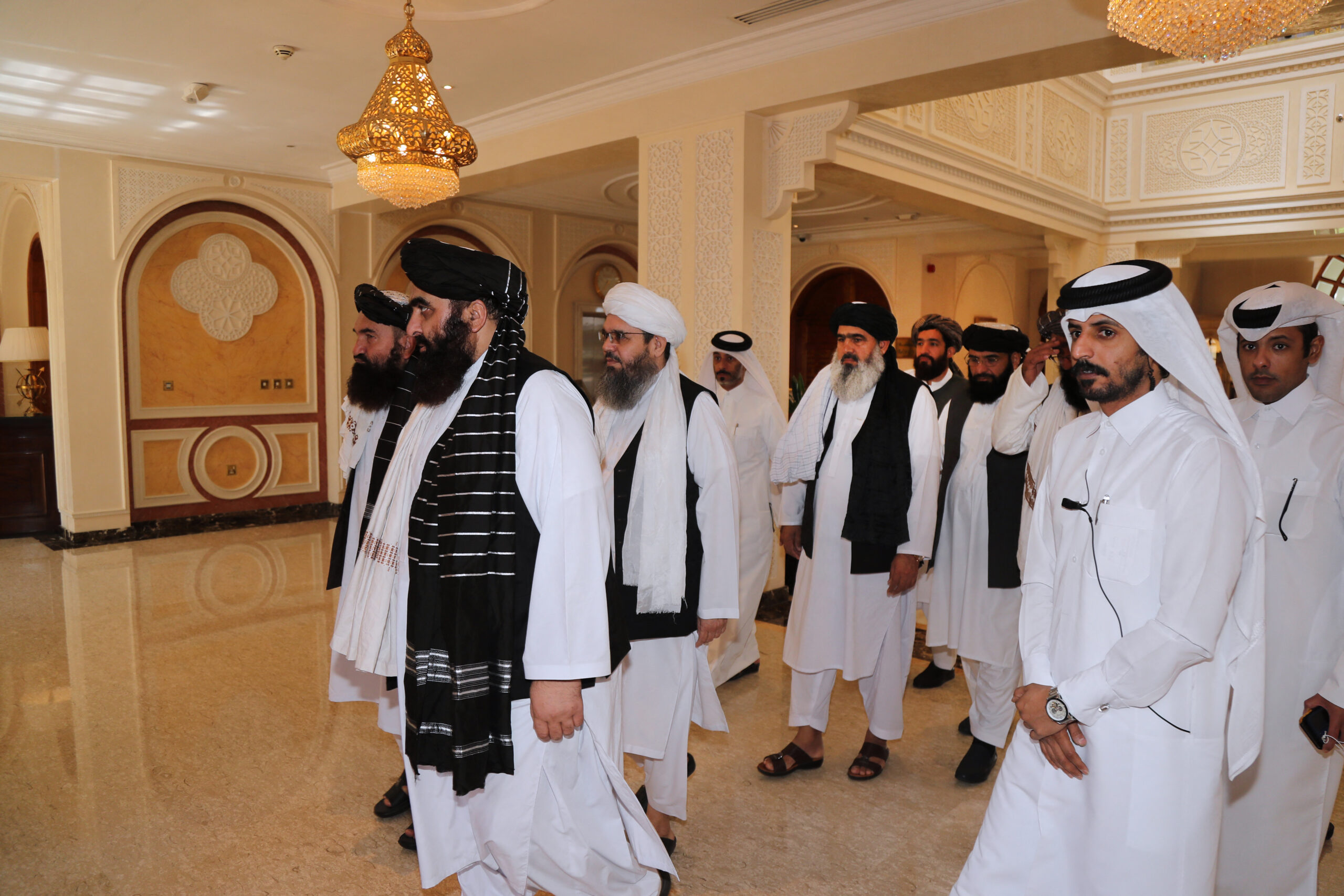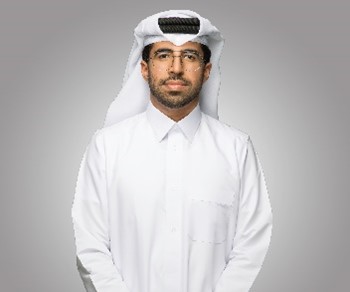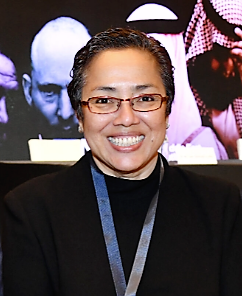
- 14 Aug 2024
[By Invitation] Qatar’s Diplomatic Tightrope: Navigating Mediation in Global Hotspots
This event is organised by MEI Political Economy Cluster.
In early July, the Taliban participated for the first time in United Nations-sponsored talks held in the Qatari capital of Doha. Having turned down two previous invitations, the Doha meeting was aimed at discussing the possibility of integrating Afghanistan into the international community. But Qatar’s efforts are not solely confined to a cameo role as host. Well before the Taliban’s return to power in August 2021, the Gulf state brought the former Afghan government and the Taliban to the negotiation table in 2020, in addition to prodding the latter into dialogue with Washington — culminating in the Doha Accord, or The Agreement for Bringing Peace to Afghanistan. Later, Doha again played a key role in the evacuation of tens of thousands in a chaotic and hurried airlift after the US decided to withdraw. These efforts earned Qatar the designation as a Major Non-Nato Ally (MNNA) to the US.
Doha’s mediation efforts run further afield, ranging from prisoner swaps between the US and Venezuela, to reuniting children with their families in the Russia-Ukraine war. Qatari facilitation of dialogue has also extended to conflicts in Chad, Sudan, and Yemen. But the episode that has cast Doha’s mediation efforts in a controversial light is the war in Gaza. While the country has a history of delivering aid to the Strip since 2018, its latest role in securing the release of hostages and pushing for a ceasefire between Israel and Hamas has been criticised externally, not least because Doha is home to several of the Palestinian group’s leaders, and the fact that the group has been designated a terrorist organisation by many countries. Speaking at the Stockholm Forum on Peace and Development in May, Qatar’s foreign ministry spokesperson, Majed Al Ansari, lamented: “We are paying it (the cost of mediation) right now when it comes to the image of our country, the campaigns launched against our country, and the pressure that we face.” He also used the terms “strategic engagement” and “tactical neutrality” in describing the country’s foreign policy posture.
What does “tactical neutrality” entail, and what are the motivations behind Doha’s desire to serve as an intermediary? How does Doha balance its relationships in the Islamic world with those linked to Washington? What are the challenges and, by extension, the baggage of a mediating party? The Middle East Institute will host Ibrahim Al-Hashmi, the Director of the Media and Communication Department at Qatar’s Ministry of Foreign Affairs, to address these questions in an upcoming talk.
Please note that participation in this talk is by invitation only. If you are keen to attend, please write to meievent@nus.edu.sg by 13 August. As seats are limited, in-person participation will be on a first-come, first-served basis and we will email the registration confirmation prior to the event. This talk will be conducted on Wednesday, 14 August 2024 from 4.00pm to 5.30pm (SGT). The event will be conducted under the Chatham House rules, and recording will not be available.
This event is free; however, registration is compulsory.
Photo Caption: Members of the Taliban delegation arrive for a meeting with foreign diplomats in Qatar’s capital Doha, on October 12, 2021. The Taliban were to hold joint face-to-face talks with EU and US envoys, the European Union said, as the hardline Islamists pursue their diplomatic push for international support. Afghanistan’s new rulers are seeking recognition, as well as assistance to avoid a humanitarian disaster, after they returned to power in August following the withdrawal of US troops after 20 years of war. Credit: Photo by KARIM JAAFAR / AFP
About the Speakers

Director of the Media and Communication Department
Ministry of Foreign Affairs (MoFA), Qatar
Mr Ibrahim Al-Hashmi is the Director of the Media and Communication Department at the Ministry of Foreign Affairs (MoFA), Qatar. Since joining MoFA, Mr Al-Hashmi served in the Office of the Assistant Minister of Foreign Affairs in the fields of communication, public diplomacy, and special projects. He is a member of the Doha Forum team, the most prominent annual platform for dialogue in the region. He also served in the permanent delegation of the State of Qatar in Geneva during the 47th and 48th sessions of the United Nations Human Rights Council.
During the first wave of the Covid-19 pandemic, Mr Ibrahim Al-Hashmi served as the Secretary of the Media Committee on the Supreme Committee for Crisis Management, which worked with state authorities to develop media plans concerning the health crisis.

Executive Director
Middle East Institute, NUS
Michelle Teo has more than 20 years’ experience in both the government and private sectors. Her career has spanned international relations, corporate and digital communications, and the globe. Michelle’s career with the Ministry of Foreign Affairs has taken her to Europe, Australia, North America, the Middle East, North and Southeast Asia. Michelle served as Singapore’s Deputy High Commissioner in Canberra. She then joined IBM, first as Communications Leader with IBM Singapore and later with IBM ASEAN. Prior to joining the Middle East Institute in NUS, Michelle was working with local SMEs focused on digital content re-design for Singapore government agencies.
Event Details
29 Heng Mui Keng Terrace Blk B
#06-06 Singapore 119620




